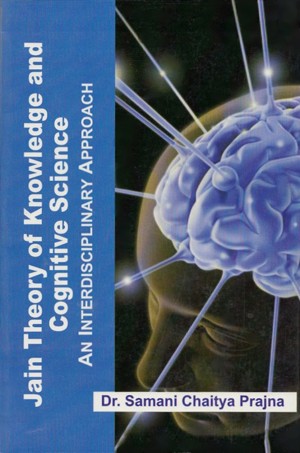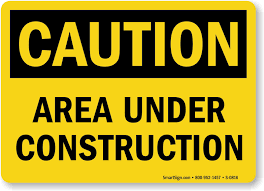As a rule, psychic sense is attained first of all.[24] A living being can form as much formative sense as the karmas related to attainment of senses is destroyed and subsidized. If a being attains one sense, it can form one physical sense and if it attains five senses, it can form five physical senses.
Similarly, the beings acquire the physical sense of the material power of seeing and hearing etc. also in accordance with formative sense, a subtype of physical sense. One gets conscious activity of the sense in accordance with physical sense. This means the soul can make use of it.[25]
Thus, it is concluded that sense organs receives the object presented to it. So it is known as sense. There are five senses and their objects too are five as follows:
- The sense with which cognition of touch is obtained is the sense of touch.
- The sense with which cognition of taste is obtained is the sense of taste.
- The sense with which cognition of smell is obtained is the sense of smell.
- The sense with which cognition of form is obtained is the sense of seeing.
- The sense with which cognition of sound is obtained is the sense of hearing.
We can also conclude that there is a systematic sequence (order) of the attainment of senses in Jain philosophy. In this sequence, attainment comes first and then come organic physical sense, efficiency sense and functional consciousness (cognitive activity) respectively. There can be physical sense without functional consciousness, organic structure without efficiency sense and attainment without formative sense, but there cannot be formative sense without attainment, physical sense without formative sense and functional consciousness without physical senses.
Knowledge of an object can be obtained only when all the four kinds of senses - eradication of karma, organic instrument, achievement of efficiency and use all the four are in good condition, otherwise not. For example, if the structure of the eye is not proper, one cannot see. One cannot see even if the structure is appropriate but if it does not have the capacity (power) of seeing. The structure may be proper and there may be the capacity of seeing, even then a person who has just died, cannot see as he does not have the sense of cognition. One may have formative sense, physical sense and attainment and yet one cannot perceive an object lying before him if his attention is diverted, as his psychic sense is not working.
After a brief introduction to sense organs and their classification now we move on to nature of each of sense organs described in Biology and Jainism.
 Samani Chaitya Pragya
Samani Chaitya Pragya

